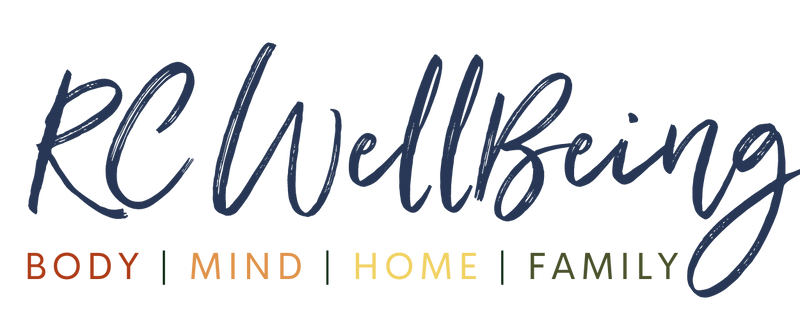The Most Nourishing Fats to Start Incorporating Today
Posted on July 28 2023,

Gone are the days of low-fat diets and fat-free alternatives. The myth that “fat is bad” has officially been debunked! In fact, current science has now proven the complete opposite: eating enough of the right types of fats is crucial for brain protection, cognitive function, energy production, hormonal regulation, improved cholesterol levels, decreased inflammation, optimal cellular function, adequate nutrient absorption, and reduced risk of heart disease.
So what are the “right” types of fats, and how can we ensure we’re getting enough?
First, it’s important to understand the difference between saturated, unsaturated, and trans fats, since all fats can be divided into these 3 categories.
Saturated fats are mainly derived from animal products such as meat and dairy. These types of fats build cell membranes, promote healthy cholesterol levels, and withstand high-heat cooking. Coconut oil is an example of a naturally plant-based saturated fat!
Unsaturated fats can be further broken down into two categories: omega 3 fats and omega 6 fats. Whether a fat is unsaturated or not doesn’t necessarily tell you if its health promoting – what matters is whether that fat is an Omega 3 or an Omega 6.
-
Omega 3 fats are known as the ‘anti-inflammatory’ fats. They’re often cold-pressed (meaning they haven’t been processed at high heat levels) and can be found in both plant and animal foods. These types of fats reduce bodily inflammation, protect the brain, and reduce risk for heart disease and stroke. The most common examples include extra virgin olive oil, avocados, nuts and seeds, and sockeye salmon.
- Omega 6 fats are known as ‘pro-inflammatory’ fats. These are fat sources often derived from highly processed oils that have been heated to extreme temperatures, changing their molecular structure and depleting any nutritional value. Sources include canola, sunflower, safflower, soy, sesame, and corn oils. Because of their inflammatory nature, it’s best to avoid omega-6 oils as much as possible. This proves more challenging than one might think, since these oils are added to most packaged foods to cut production costs. Our advice? Start reading ingredient labels, and do the best you can!
Trans fats are also known as the ‘junk fat’, since they’re mainly found in heavily processed junk foods. Unlike other dietary fats, trans fats raise ‘bad’ cholesterol levels, increase inflammation, and are associated with Cardiovascular Disease. Ideally, we don’t want to be consuming any trans fats in our diet!
Now that you understand which types of fats to load up on, and which to avoid, we’ve created the following guide to the most nourishing fats to start incorporating today. These healthy omega-3 and saturated fat sources naturally lower inflammation in the body, boost cognitive function, nourish our cells, feed the brain, protect the heart, build hormones, and help maintain blood sugar balance.
OMEGA 3 UNSATURATED FATS
EXTRA VIRGIN OLIVE OIL – look for cold-pressed, unrefined, extra virgin, third party tested
- Sunshine Coast Olive Oil (local business!)
FISH, COD LIVER, AND ALGAE OIL – look for wild-caught and ocean friendly
- Nordic Naturals Omega-3
- Nordic Naturals Ultimate Omega
- Nordic Naturals Algae Omega
- Nordic Naturals Cod Liver Oil
NUTS & SEEDS – look for raw & organic
- Flora Organic Unrefined Virgin Flax Oil
- Arriba Raw Nut & Seed Butters (locally made!)
- Chia seeds
- Flax seeds
- Walnuts
- Pumpkin Seeds
SATURATED FATS
COCONUT PRODUCTS – look for organic
Organic Traditions Raw Coconut Oil
Arriba Raw Organic Stone Ground Coconut Butter (locally made!)
Yoggu Plant-Based Coconut Yogurt
DAIRY – look for organic & full-fat
Saugeen Organic Country Yogurt
Woolwich Goat’s Feta
Woowhich Goat’s Cheese
L’Ancetre Organic Butter
Avalon Organic Milk
AVOCADOS
In shop daily & Organic
Written by: Hannah Schmit
